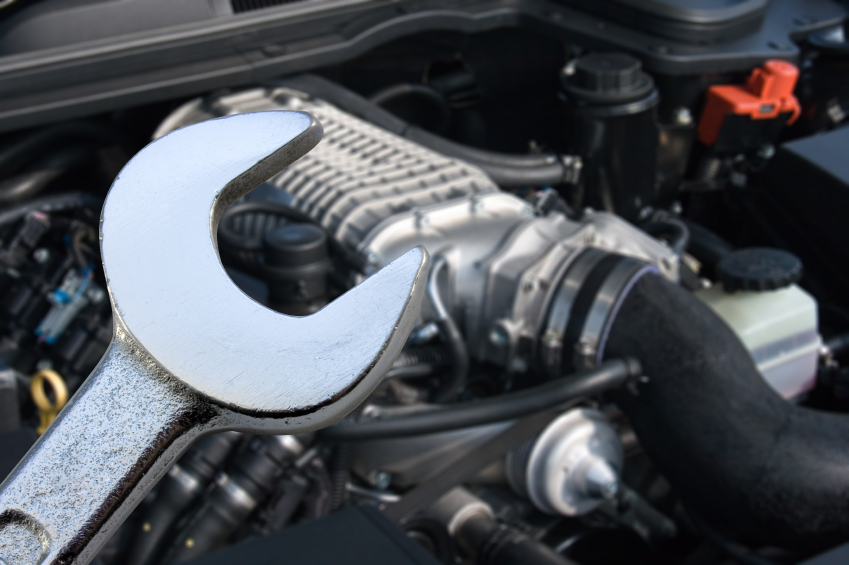Does it seem that your car is in for repairs more than it’s in your driveway, or more to the point, for the same repairs, over and over again? If that’s the case, lemon laws might apply to you.
Simply put, lemon laws are meant to give you some legal leverage to seek a refund for the purchase price of your vehicle (or replacement) and sometimes reimbursement for troubles.
Lemon laws are intended to give consumers a solution if the manufacturer has been given ample opportunities to fix a problem and has not satisfactorily done so. Such laws are intended to give consumers a solution to problems that impair the normal operation or affect the value, intended use, or safety of their vehicle, but they are not intended to provide remedy for complaints about a vehicle’s fundamental design, or other non-critical issues such as squeaks and rattles, minor vibrations, or fading paint.
What are lemon laws?
The term “lemon” is often tossed around to refer to any beat-up car, but it’s actually a legal distinction. From a legal standpoint, a lemon car is viewed as a defective product and therefore covered under applicable statutes and special lemon laws in your state. Lemon laws vary from state to state. In some states, used vehicles are covered, and in others, the law applies only to new vehicles. Some states may also include motorcycles and RVs in lemon laws.
How to know if you are covered by lemon laws
The nuance of the lemon law means that if you have a vehicle that breaks down or fails in some way, even frequently, in different ways each time, then you’re probably not going to be covered under lemon law. The awful truth in that case is probably that you don’t have legal grounds to be reimbursed in such a way; you simply have an unreliable, trouble-prone, or poorly designed car, not one that’s defective.
Check the Center for Automotive Safety for state-by-state lists including details about what’s covered under lemon laws and contact numbers for more information on each state.
In case lemon law doesn’t apply to you, or if lemon law doesn’t give you the retribution you desire, there are often other laws that may apply. If your car is highly troublesome but not covered under lemon law, first try contacting the regional service representative of the manufacturer. Document and request return receipts for all correspondences. Manufacturers will often take generous actions to assure that their reputations are kept.
How to file under lemon laws
Here are some tips on how to tell if your car might be covered under your state’s lemon law, what you should be doing along the way, and how to take action.
They’re doing the same repair, over and over again.
The vehicle must have an issue that’s ongoing, or has occurred repeatedly, and you have to first give the manufacturer several chances to repair the issue (through a proper dealership service department). Lemon law usually applies only after the manufacturer has tried to fix a particular problem three or four different times (depending on the state) and has failed to provide a lasting solution. If your car has had many different but unrelated repairs during the warranty period, then it is definitely not covered by lemon law. Your best solution in that case would be to contact the manufacturer and inquire about the possibility of a warranty extension.
It’s a nearly new vehicle (to you).
Lemon law only applies during the first year or two and first 12,000 or 24,000 miles of vehicle ownership, depending on the state. Identification of the problem and all of the repair attempts must be made during this period. If the problem first occurred in the first year of ownership but subsequent repairs were not made until later years, then the vehicle will likely not be covered under lemon law.
You own rather than lease.
Lemon law does not usually apply to leased cars. That’s because the manufacturer or a bank is the actual owner of a leased car, and lemon law often only applies to the original buyer, even if the car was bought used when less than a year old.
You keep all your documents.
Document each repair done during the warranty period. Keep all of your receipts. Consumer laws won’t apply unless you keep your own records as proof of all repairs done. Keep copies of the original repair order for each repair, and make sure that the dealership correctly documents your problem and how long your car was in for the repair (In some states, 30 days in repair in the course of a year defines a lemon car). Also, make sure you get a repair invoice for repairs covered by technical service bulletins.
You’re documenting the issue yourself, too.
This can help your case. If a component of your car that has already been repaired fails in a situation where it puts your safety in jeopardy or causes an accident, document it with pictures, witnesses, and a police report, if applicable.
Filing a complaint and getting the lemon law process underway again depends on what state you reside in and where you purchased the car. In some states, filing a lemon law complaint involves no more than filling out a formal complaint form, but in many other states it is a more complicated legal process and involves the hiring of an attorney. In either case, the advice of an attorney who is familiar with your state’s lemon law will increase your chance of getting the refund.
If satisfactory action still has not yet been taken, be sure to log in a consumer complaint with the National Highway Traffic Safety Administration. Consumer complaints are a primary signal for the NHTSA to launch an investigation on a particular problem. Such complaint information often leads to consumer recalls (if it pertains to safety in some way) or technical service bulletins regarding the problems.
Frequently asked questions
What is the 30-day lemon law rule for used cars?
What is the lemon law for used cars in terms of timing? Though this varies by state, generally, the 30 day lemon law for used cars means that if a car is being repaired for 30 days out of a year, it is a lemon. However, the nuances of the law vary by state.
Does the lemon law apply to used cars with no warranty?
Here are more details of the lemon law on used cars. Whether or not the lemon law can be applied to a used car with no warranty depends on the issue with the car and the specifics of the state’s laws.










